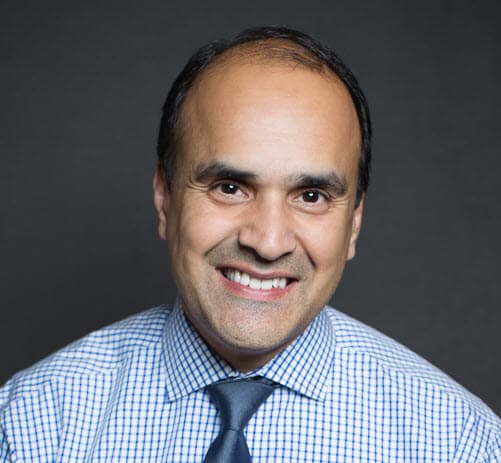
@ShahidNShah


The debate around checklists for physicians in general and surgeons specifically has raged for decades. When a task becomes sufficiently complex (like astronauts controlling spacecraft or pilots flying aircraft) it has been shown that simple multi-step checklists, that professionals are required to document completion of, can significantly reduce risky procedures and work. Astronauts are pretty bright, why do they need checklists but surgeons don’t?
According to the New England Journal of Medicine, a safety checklist in the operating room has the potential to reduce complications and improve survival rates of patients after surgery. Specifically, the study cited the following results:
The rate of death was 1.5% before the checklist was introduced and declined to 0.8% afterward (P=0.003). Inpatient complications occurred in 11.0% of patients at baseline and in 7.0% after introduction of the checklist (P<0.001).
If that’s not a reason to use checklists I’m not sure what else would motivate a hospital administrator to standardize on it.
Surgeons and physicians have generally opposed such checklists (and there many reasons why) but this week I ran across this iPhone app called Safe OR which is a simple surgery safety checklist. It’s a wonderful little application that could really save lives and it’s the kind of healthcare IT I love – dirt simple to get and use and it has immediate utility. If you’re a participant in any surgeries I’d recommend checking it out.

Shahid Shah is an internationally recognized enterprise software guru that specializes in digital health with an emphasis on e-health, EHR/EMR, big data, iOT, data interoperability, med device connectivity, and bioinformatics.
Connecting innovation decision makers to authoritative information, institutions, people and insights.
Medigy accurately delivers healthcare and technology information, news and insight from around the world.
Medigy surfaces the world's best crowdsourced health tech offerings with social interactions and peer reviews.
© 2023 Netspective Media LLC. All Rights Reserved.
Built on Jan 17, 2023 at 9:26am